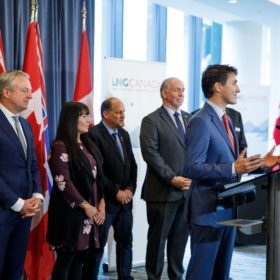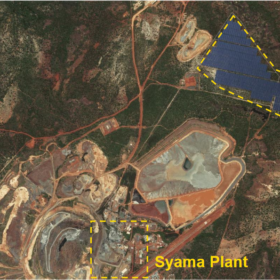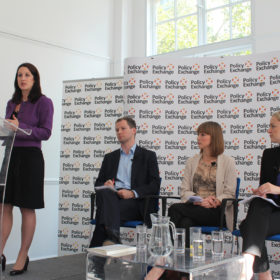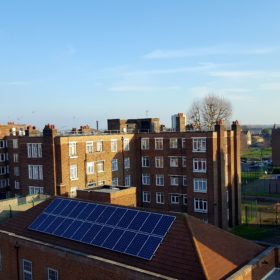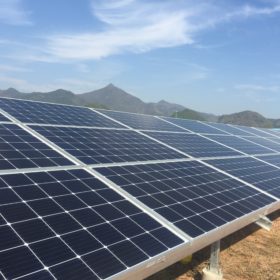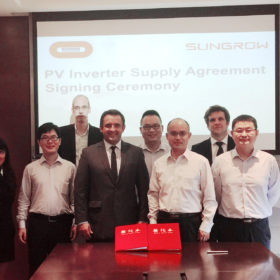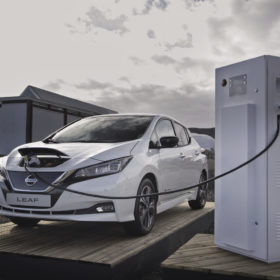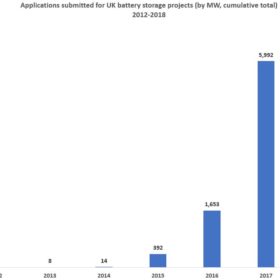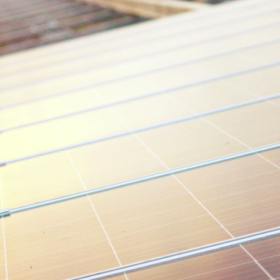Canada to allow tax write-off for C&I renewable energy assets
The news came with Canada’s Fall Economic Statement. Through the new policy, the business case and access to finance will be improved to accelerate the adoption of renewable energy resources. This February, Canada proposed phasing out coal generation by 2030.
Mali gold mine to slash power bill with 40 MW solar hybrid plant
Australian mining company Resolute Mining has inked a JDA and PPA with Ignite Energy, to construct what it says is the world’s largest off-grid solar hybrid plant, at one of its gold mines in Mali.
UK policymakers signal U-turn on toxic tariff scrap plans
Rachel Reeves, Chair of the Committee for Business, Energy and Industrial Strategy (BEIS), has released a comment indicating the discontent with which she views government plans to scrap export tariffs on 31 March 2019. The scheme remunerates small-scale generators, and its abolishment has been likened to theft and sparked a feud between the industry and politics. Last week, U.K. Energy Minister Claire Perry also said that forcing generators to export for free would be “wrong”.
Centrica to join London blockchain trial for alternative billing
Using a blockchain-based energy trading system, the company seeks to examine ways to bill customers in the best manner for them and prosumers. In light of the potential removal of export tariffs for small scale solar in the UK, the system could provide alternative remuneration for system owners. The trial will run for six months, with the possibility of extending it to two years.
European Court of Justice censors European Commission approval of UK capacity market
With Theresa May’s government in full scale revolt this week over Brexit, the ECJ’s ruling that the European Commission wrongly failed to find fault with the UK capacity market mechanism four years ago, is likely to have Brexiteers on both sides of parliament frothing at the mouth with indignation.
Hanwha supplying 100 MW mono PERC modules to China project
Hanwha Q Cells is continuing its collaboration with CGN Power Group. The manufacturer is delivering its Q.Peak-G5 mono-crystalline PERC solar modules to a 150 MW site in China’s Hubei province.
Sungrow bags 201 MW solar project in Vietnam
The Chinese-based manufacturer has closed a deal for the supply of its inverter solutions to the large-scale solar project in southern Vietnam. Sungrow says it has deployed a total of 1 GW of solar projects in Vietnam.
PV to take lion’s share of $120 billion annual investment
The impressive growth is unlikely to replace coal-fired power generation as it will only be sufficient to cover the predicted increase in demand for electricity. The electrification of heating, manufacturing and transportation offer room for further development.
UK storage on the fly with 6.9 GW cumulative pipeline
At an event in London, a new tool was presented which lets the user track the UK storage landscape. The market is gaining traction amidst disfavourable policies for solar PV and other renewables from Westminster. The UK’s storage portfolio seems to be growing rapidly.
Canadian Solar privatization plans on ice
Last December, the company’s CEO made a proposed transaction offer to acquire Canadia Solar. Mulling the offer, a special committee has now advised the company’s board to cease its review of the proposal, highlighting that it could not find sufficient certainty in the CEO’s ability to secure the funding for the transaction. Following the news today the CEO has withdrawn his offer.

